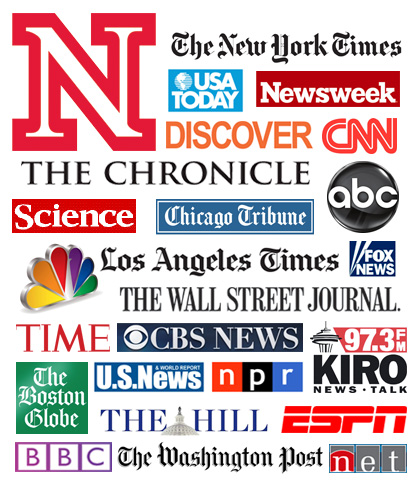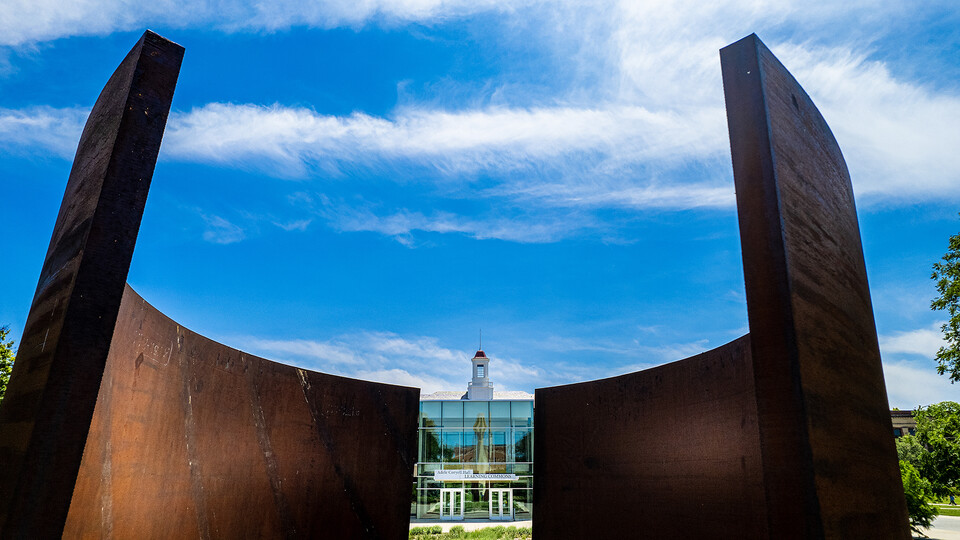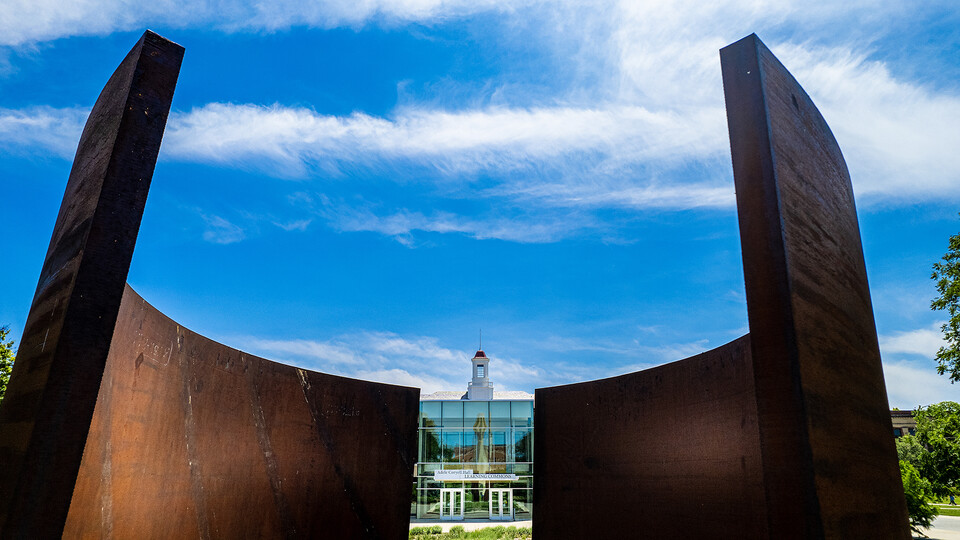
A lengthy June 21 article in The Atlantic that analyzed “How American Politics Went Insane.” It cited seminal research by John Hibbing and Elizabeth Theiss-Morse, political science.
A June 13 Vox.com piece that prominently quoted UNL political psychologist Ingrid Haas on how uncertainty and fear in the wake of the Orlando shooting could impact the gun control debate. That article also mentioned groundbreaking work on the biological underpinnings of politics by Hibbing and Kevin Smith, political science.
Social science research led by Hibbing and Smith also was cited in The New York Times June 18 in an opinion piece “Has political fear-mongering lost its appeal?”
The Farm Journal was among outlets that published an Associated Press report on a $20 million grant to boost crop productivity. The new Center for Root and Rhizobiome Innovation will be led by James Alfano, plant pathology, and Edgar Cahoon, biochemistry. UNL Chancellor Ronnie Green also was quoted in the coverage. Maine News Online also published a story on the grant.
In a widely distributed June 16 story, Deseret News quoted Dawn O. Braithwaite, communication studies, in an article about the newly released Pixar movie, "Finding Dory." Braithwaite, who studies family relationships, said the film is part of a large repertoire exploring how families can form voluntarily through ties of affection, even when people are not related by biology or law.
Wheeler Winston Dixon, film studies, discussed how TV affects your psyche in a June 6 Fast Company story about quitting TV. The Los Angeles Times interviewed Dixon for a June 3 report about the recent leadership shakeup at Sony Pictures.
A mobile app and software to analyze social networks, relationships and behavior, under development by Kirk Dombrowski and Bilal Khan, sociology, was covered by the Associated Press June 10. The story, which originated with the Lincoln Journal Star was carried by many outlets nationwide.
War on the Rocks, a national web magazine devoted to foreign policy and national security, published June 9 commentary from Rupal Mehta, political science, on whether Japan should acquire nuclear arms. Mehta specializes in nuclear security issues. Although presidential candidate Donald Trump has said he's open to the idea, Mehta concluded that a nuclear-armed Japan is "virtually unthinkable and highly undesirable."


